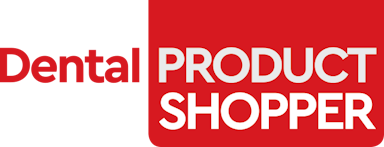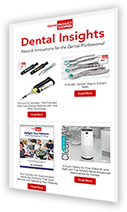With its unmatched versatility and proven reliability, All-Bond Universal simplifies procedures and ensures long-lasting results in an ever-evolving dental landscape
One Product, Many Options
Because of All-Bond Universal's versatility, there is no guesswork involved when the dental team sets up for adhesive procedures.
“In my office, I don't have 2 or 3 different adhesives that I turn to,” Dr. Suh said. “I have 1, and it makes my clinical decisions at chairside very easy for my entire team because it doesn't matter what I'm doing. If I'm going to be bonding something, I have 1 adhesive sitting out there the entire time.”
While such simplicity has enabled a more efficient workflow, it’s not the No. 1 reason Dr. Suh reaches for All-Bond Universal. That would be its ideal chemical balance for both total- and self-etch adhesion.
“The biggest advantage is that I now have the option to go to self-etch or total-etch when I'm working on my patients,” he said. “In the past, I wished I could utilize a combination of the two, but it just wasn't an option prior to a product like All-Bond Universal. Now, even working on the same preparation or the same clinical scenario, I can do part of it total-etch and part self-etch. I could never do that in the past.”
A Partnership Steeped in Science
Despite his long-term loyalty, Dr. Suh wasn’t always sold on the product. When an earlier version was released, he had questions about it and saw that, in time, the product was vetted and improved in response to feedback from the field. In fact, one of the reasons he appreciates BISCO goes beyond the company’s science-based values to its openness and ongoing dialogue with the dental community.
“I’m not sure whether it’s because they're a smaller company, but they have always been transparent and they spend a lot of time helping people understand the science behind the products,” Dr. Suh said. “They've always been about educating the professional side of the industry—and it’s not necessarily about whether or not you're using a BISCO product. Even though they’re a business, I think their standpoint is the more educated the clinicians and the lecturers are regarding the science, the more their products begin to make a lot of sense.”







